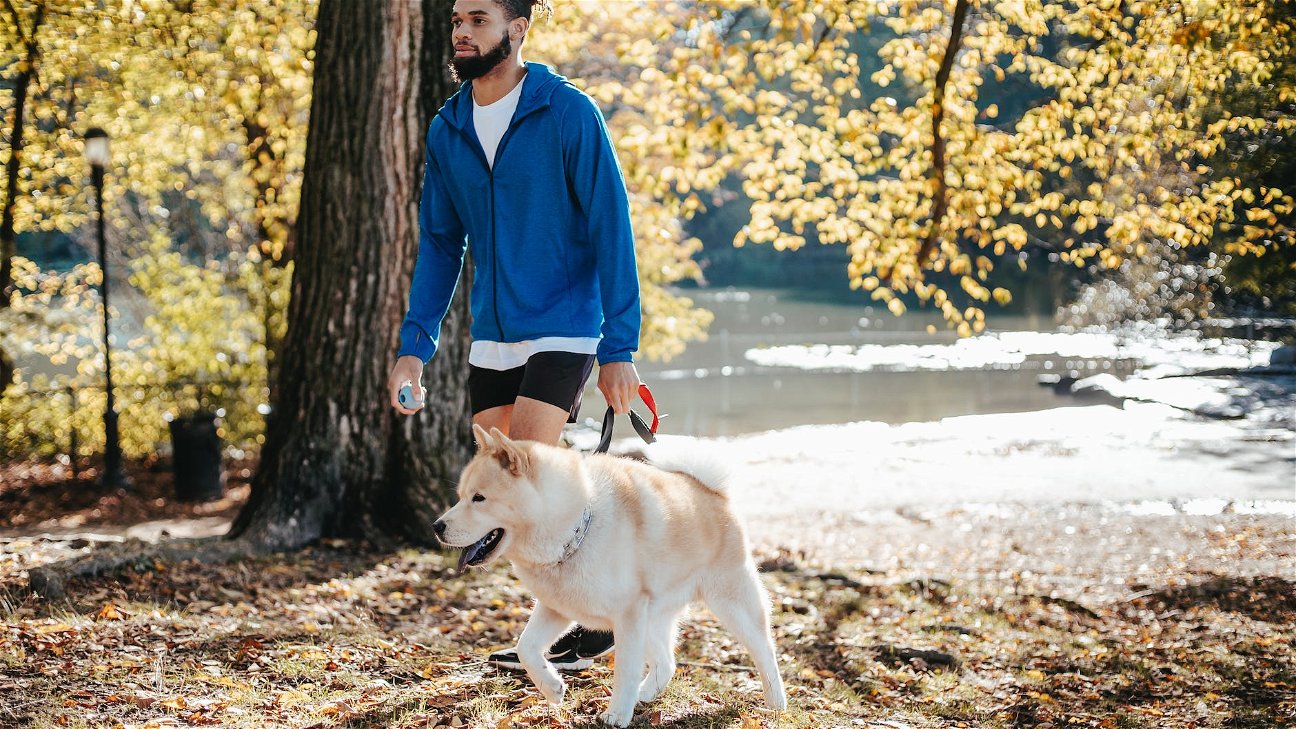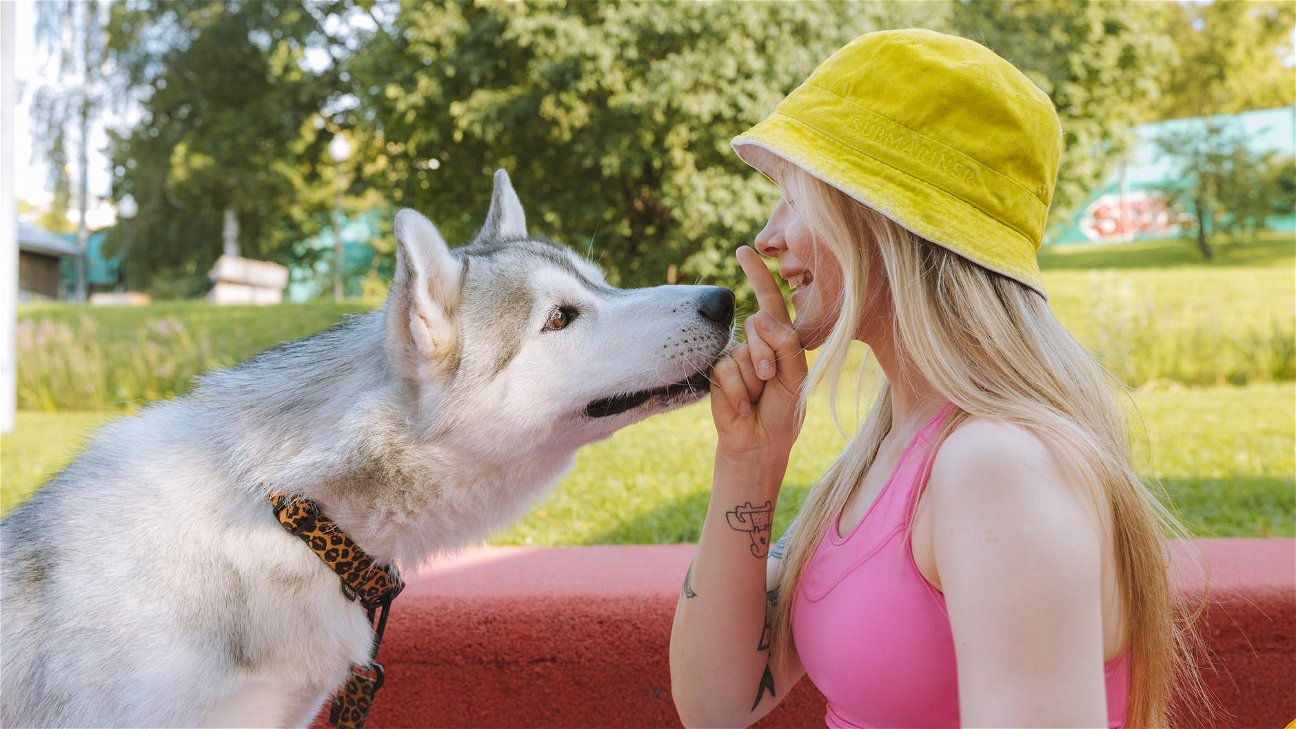
When you have a pet, it's not just about the cuddles and playtime. Being a pet parent comes with significant responsibilities, and one of them is ensuring your pet's safety during emergencies. But how exactly do you handle emergency pet situations? Here are some best practices.
Emergency pet preparedness
It's important to be prepared for emergencies before they strike. Having a pet emergency plan in place can make the difference between life and death for your pet. Here's what your plan should include:
- Contact information for your vet and a 24-hour emergency pet care center
- Medical records for your pet, including vaccination history
- An emergency kit with necessary supplies like bandages, tweezers, and a pet first aid book
Recognising emergency situations
Spotting a pet emergency can be tricky since animals often hide their discomfort. Some common emergency pet situations include difficulty breathing, excessive vomiting or diarrhea, seizures, and obvious signs of pain. If your pet shows any of these signs, contact your vet immediately.
Handling emergency pet situations
In an emergency, it's essential to stay calm and take immediate action. Here's how to handle some common emergency situations:
It's also important to get your pet to a vet as soon as possible in any emergency.
After the emergency
After the emergency, it's crucial to follow the vet's instructions closely. Monitor your pet for any changes and keep them comfortable. Remember, you're not alone. Reach out to support groups or friends who've had similar experiences.
Handling emergency pet situations can be scary, but with preparation and knowledge, you can ensure your pet's safety. Remember, when in doubt, always contact a vet. It's better to be safe than sorry.











